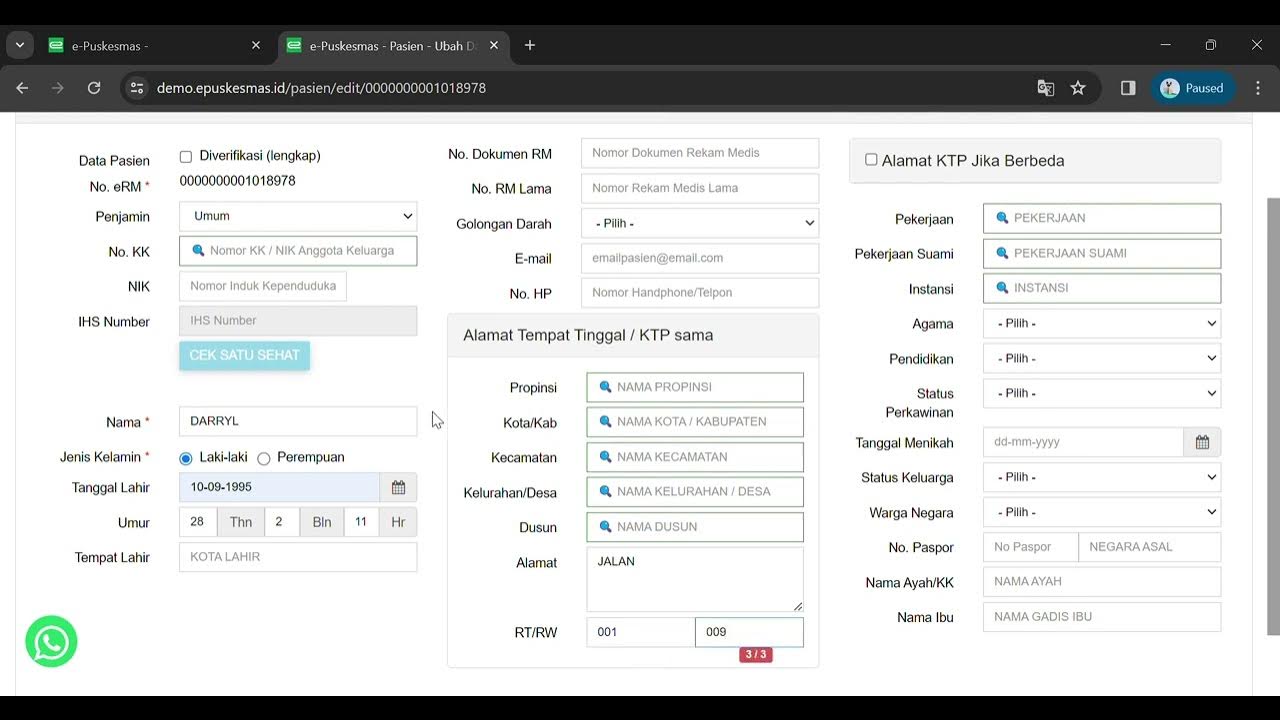NHS Information Governance
Summary
TLDRThe transcript provides essential guidance on information governance (IG) for NHS staff, emphasizing the importance of handling both paper and digital patient records securely. Key points include using encrypted devices, proper disposal of confidential information, avoiding sharing passwords, and ensuring workspace organization. It stresses verifying requests for patient information, using secure communication methods, and understanding data protection laws. IG incidents must be reported promptly, and compliance with confidentiality and data protection is critical to safeguarding patient care and NHS operations.
Takeaways
- 🛡️ NHS staff must follow Information Governance (IG) rules, which are mostly common sense and ensure data protection.
- 📄 Confidential information, whether paper or digital, must be handled with care to avoid compromising patient privacy.
- 🔒 Only trust-approved devices and encrypted systems should be used to access patient records, ensuring data security.
- 👥 Never share passwords or smart cards with others, and regularly update your passwords to keep systems secure.
- 🔏 Lock computers when unattended to prevent unauthorized access to patient information.
- 📧 Use only the trust's email system for confidential communication, always include 'encrypt' when sending externally.
- 📞 Verify the identity of anyone requesting confidential information via phone before sharing sensitive details.
- 🗑️ Dispose of records securely using designated bins to prevent unauthorized access to sensitive information.
- 📝 Ensure patient records are accurate and organized to support effective care and avoid compromising patient safety.
- ❌ Do not share patient information or updates on social media, as this violates privacy rules and can lead to penalties.
Q & A
What is the primary purpose of Information Governance (IG) in the NHS?
-The primary purpose of Information Governance (IG) in the NHS is to ensure that confidential information is handled properly, securely, and in accordance with legal and organizational rules. This includes protecting patient data and ensuring it is only used for appropriate healthcare purposes.
What should you do if you're unsure about how to handle patient records?
-If you're unsure about how to handle patient records, it is important to contact the IG (Information Governance) team for guidance, as mishandling confidential information can lead to significant privacy and security risks.
Why is it important to dispose of confidential information properly?
-It is important to dispose of confidential information properly to protect patient privacy, ensure compliance with legal regulations, and prevent unauthorized access to sensitive data.
What are the potential risks of leaving paper records unattended?
-Leaving paper records unattended can lead to serious security risks, as unauthorized individuals may gain access to sensitive information, potentially breaching patient confidentiality and violating data protection laws.
How should digital patient records be handled compared to paper records?
-Digital patient records should be handled with similar care as paper records, but with additional considerations. Only trust-issued encrypted devices and approved USBs should be used, and proper IT protocols, such as password protection and encryption, must be followed.
What should you do if you receive a request for patient information?
-If you receive a request for patient information, it must first be sent to the Access to Medical Records team for processing. Ensure the request is legitimate, and only share information if it is directly related to healthcare and follows the necessary protocols.
How can you ensure that email communications containing confidential information are secure?
-To ensure secure email communications, always use a trust-approved email address, send the minimum necessary data, and include the word 'encrypt' in the subject line when sending emails outside the trust.
What is the policy regarding sharing information on social media?
-Sharing information or updates about patients or confidential matters on social media is strictly forbidden, as it could lead to privacy breaches and legal consequences.
What steps should be taken when receiving a phone request for information?
-When receiving a phone request for information, confirm the identity of the caller by asking for their name, job title, and department. Verify their details independently if needed before disclosing any information.
What are the consequences of failing to comply with data protection regulations in the NHS?
-Failing to comply with data protection regulations can result in fines for the trust, reduced investment in patient services, and serious impacts on patient care and the careers of NHS staff.
Outlines

This section is available to paid users only. Please upgrade to access this part.
Upgrade NowMindmap

This section is available to paid users only. Please upgrade to access this part.
Upgrade NowKeywords

This section is available to paid users only. Please upgrade to access this part.
Upgrade NowHighlights

This section is available to paid users only. Please upgrade to access this part.
Upgrade NowTranscripts

This section is available to paid users only. Please upgrade to access this part.
Upgrade Now5.0 / 5 (0 votes)





